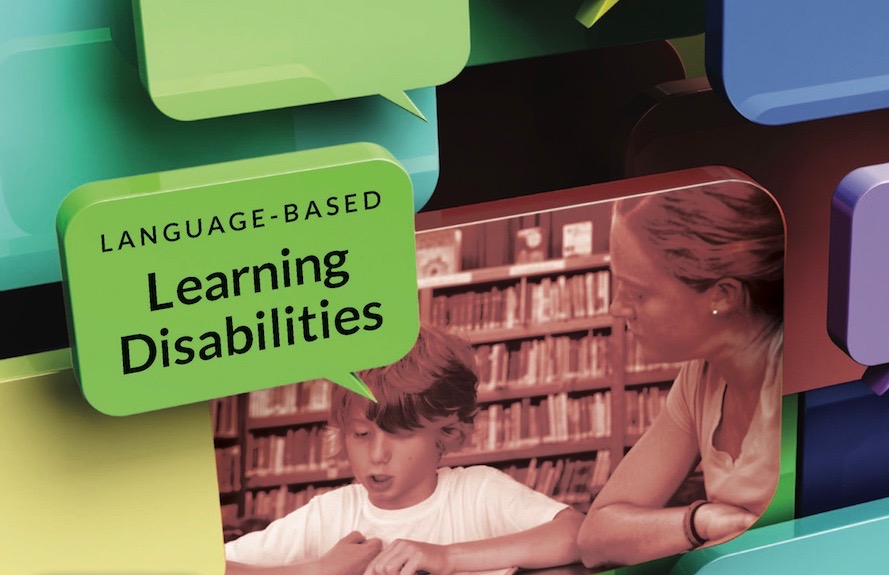Reading comprehension requires the seamless integration of multiple skills beyond just decoding words accurately. In order for students to comprehend the information that they read, a variety of factors must be intact. First, students must understand the structure of the language they are reading, including grammar, syntax, and figures of speech. Students also need to be able to quickly decode words in order to read the text fluently, and they must have sufficient vocabulary and background knowledge to access the content of what they are reading. Additionally, they must also engage in metacognition to monitor their own understanding of what they are reading.
- Fluency: Reading Rockets defines fluency as “the ability to read with speed, accuracy, and proper expression” (2021). It is widely accepted that the ability to read text effortlessly leads to comprehending what is read. When a reader is dysfluent, they dedicate too much focus to decoding words rather than reallocating that mental energy to understanding what the words mean. Oftentimes when a student struggles to understand what they read, it can be tied back to difficulty with reading fluency.
- Vocabulary and Background Knowledge: Students need to be able to understand 90-95% of the material on any given page for that information to make sense, and when students lack either vocabulary or background knowledge, there is no framework for understanding that information. Explicitly supporting vocabulary and background knowledge is essential in supporting reading comprehension because as students move through school, it is expected that they are no longer learning to read but reading to learn. Literacy expert David Kilpatrick states: “As children grow older, reading provides greater background knowledge but those who have lesser background and weaker reading skills are less likely to read” (2015, p. 283). When children read less, they are exposed to fewer words, which creates a gap between typically developing peers and those who struggle with literacy development. This gap becomes harder and harder to close the older children become.
- Metacognition: Metacognition is the ability to think about thinking. This is an important aspect of reading comprehension because students need to reflect on and engage with their reading in a way that allows them to make meaningful adjustments to support their understanding and helps them to problem-solve when difficulty arises.
References
Fluency (2021). Reading Rockets. Retrieved September 20, 2021, from, https://www.readingrockets.org/helping/target/fluency
Kilpatrick, D. A. (2015). Essentials of assessing, preventing, and overcoming reading difficulties. Wiley.



